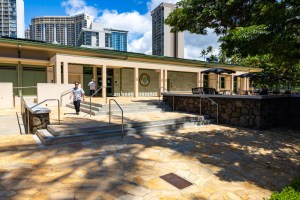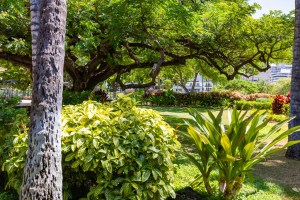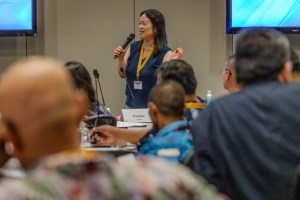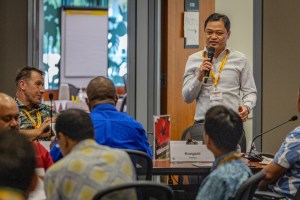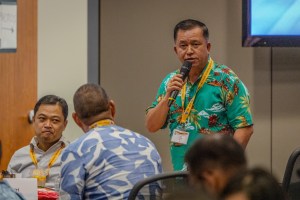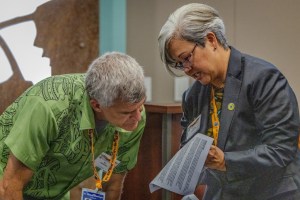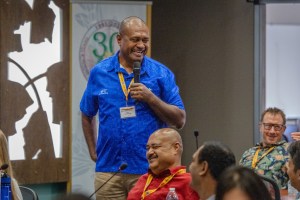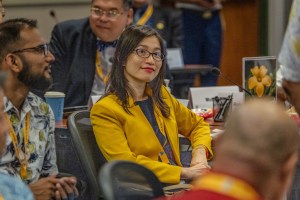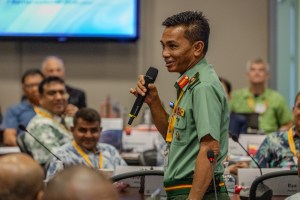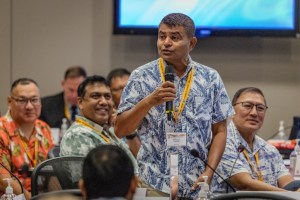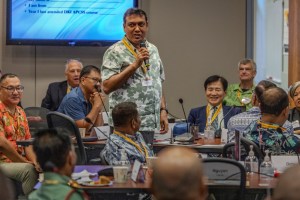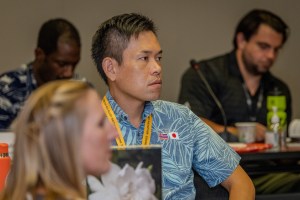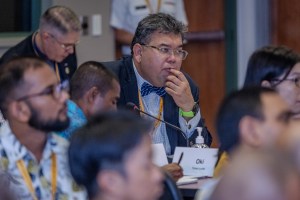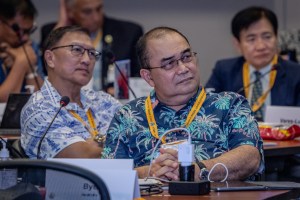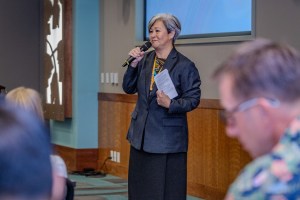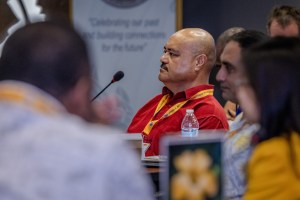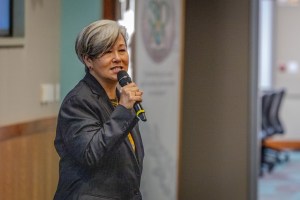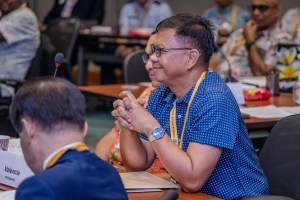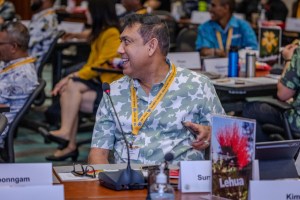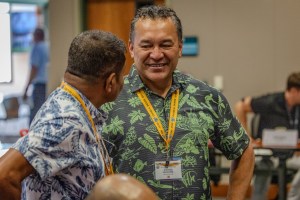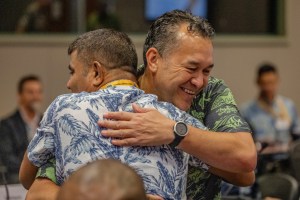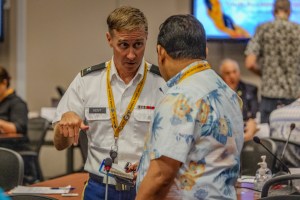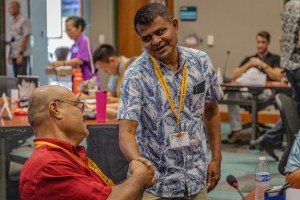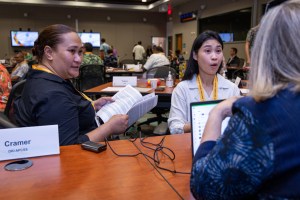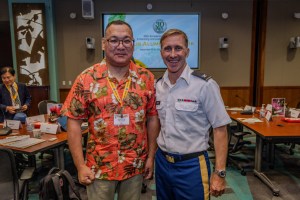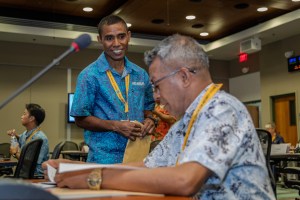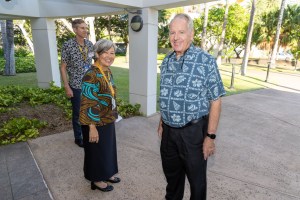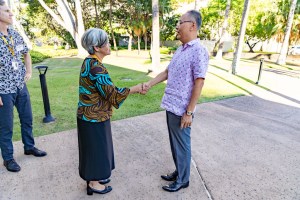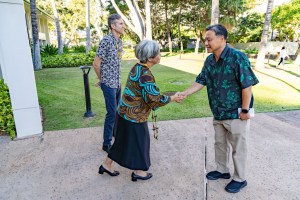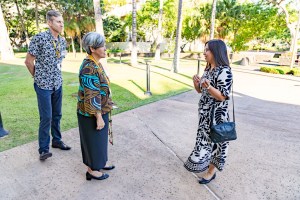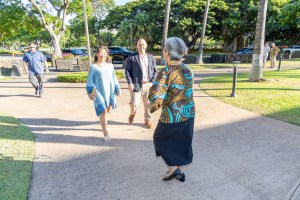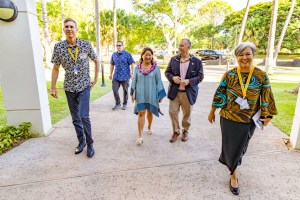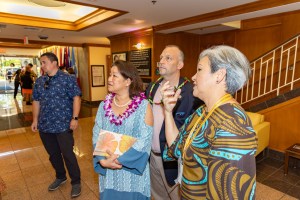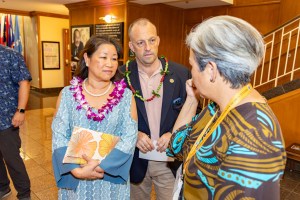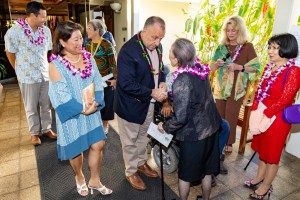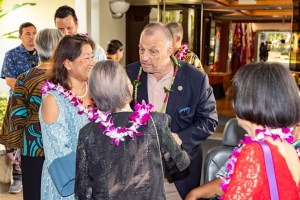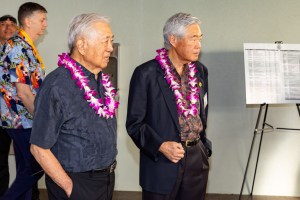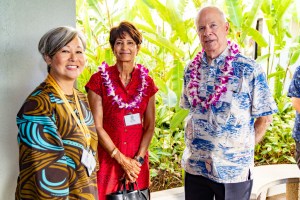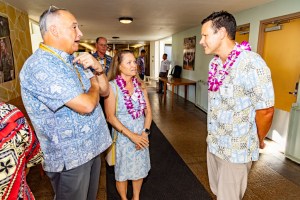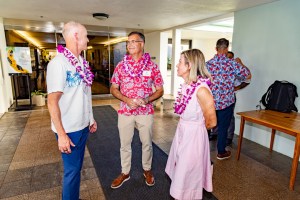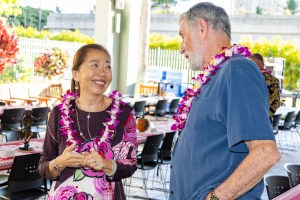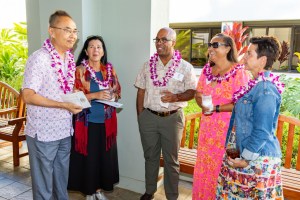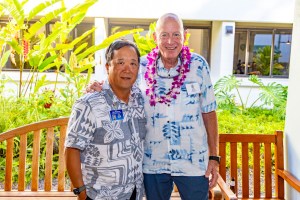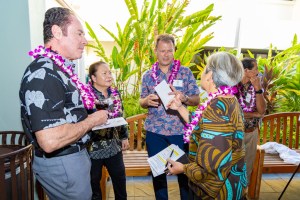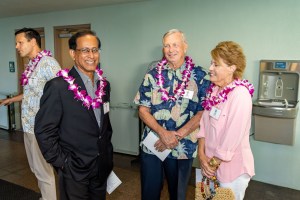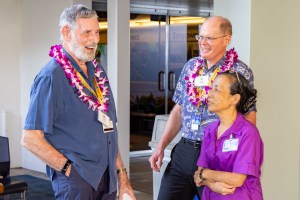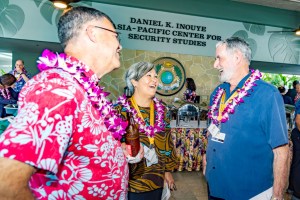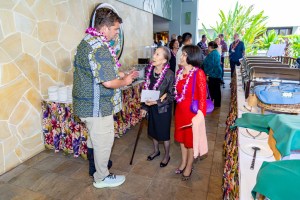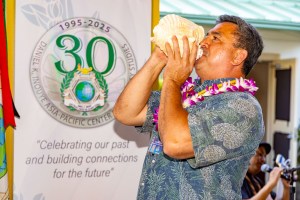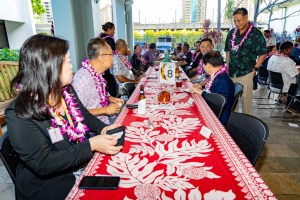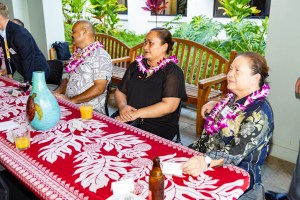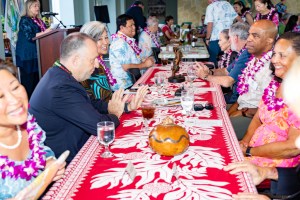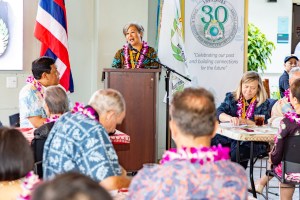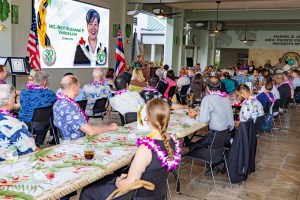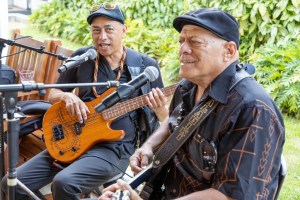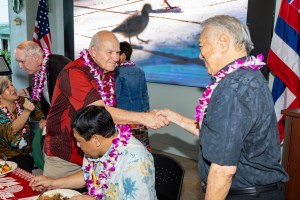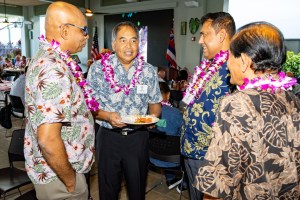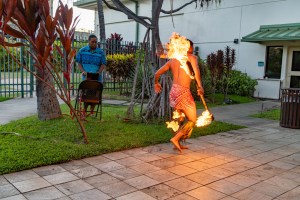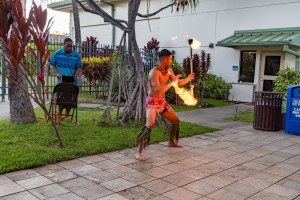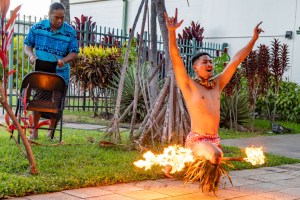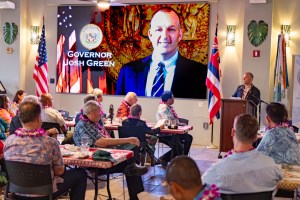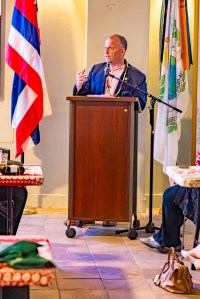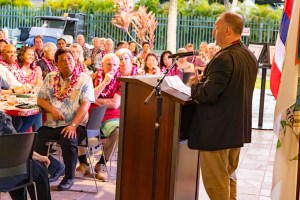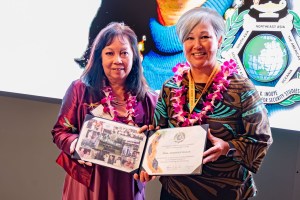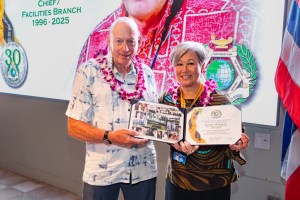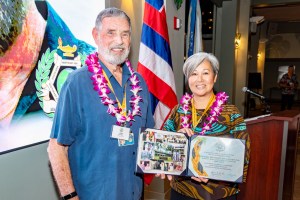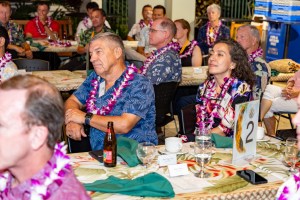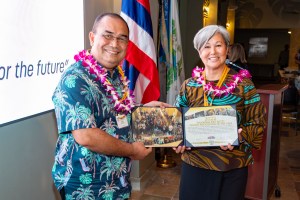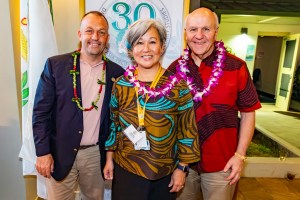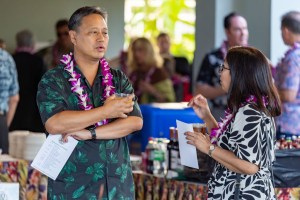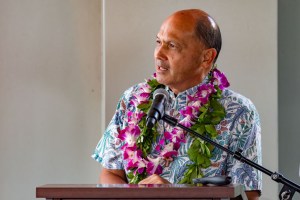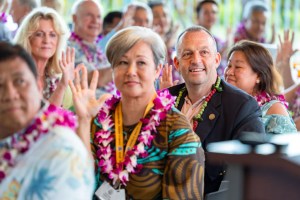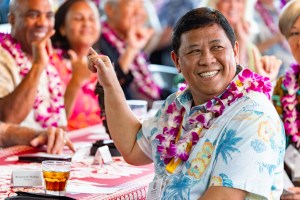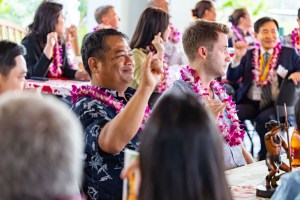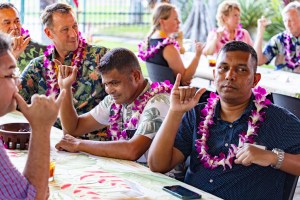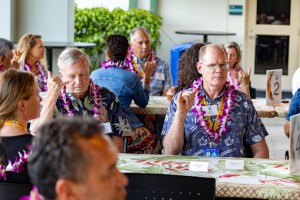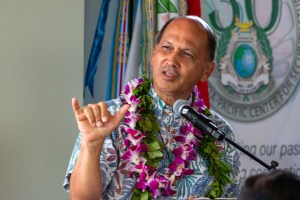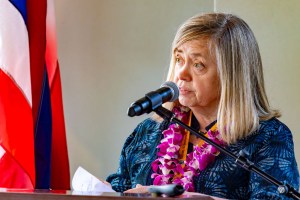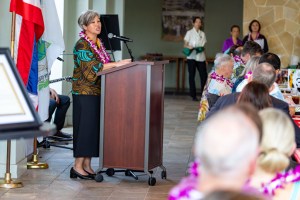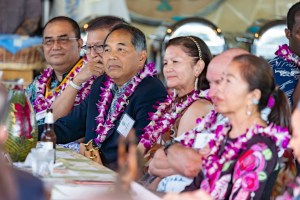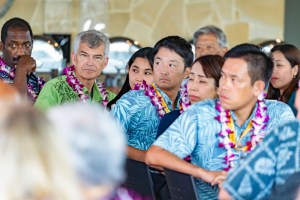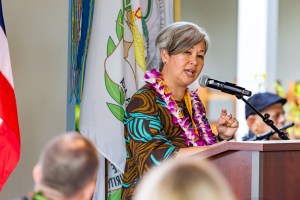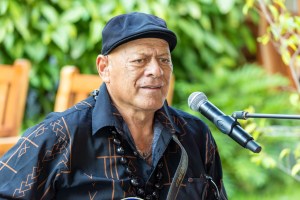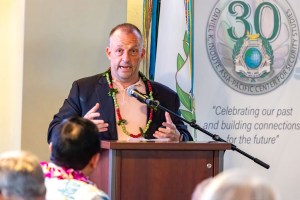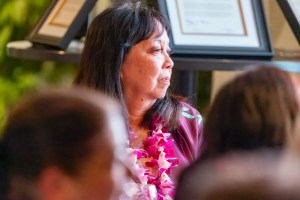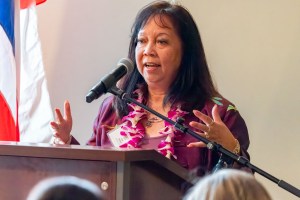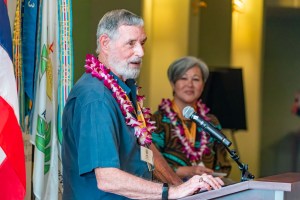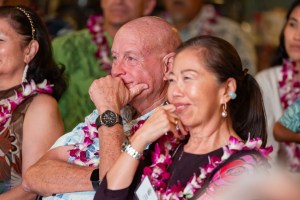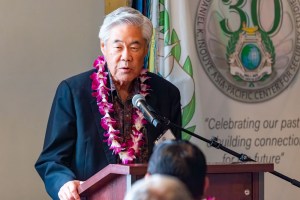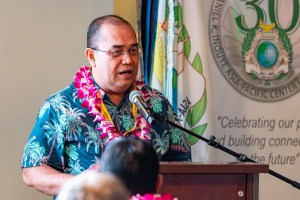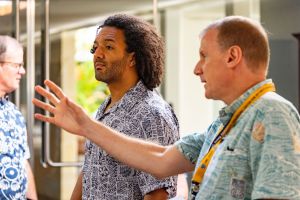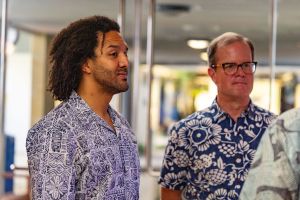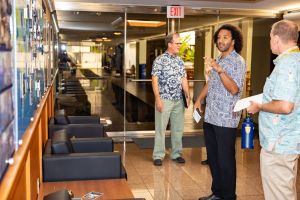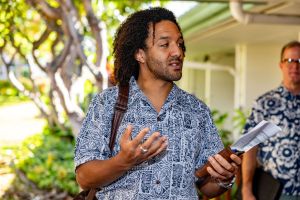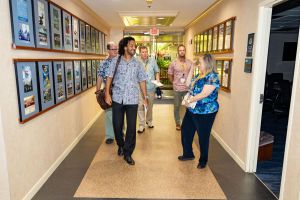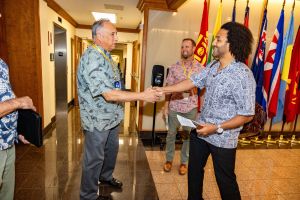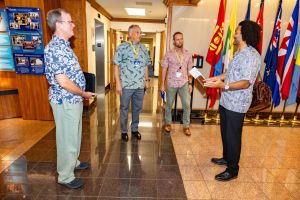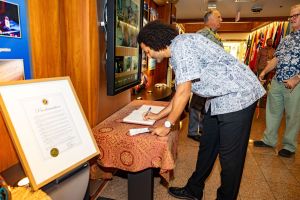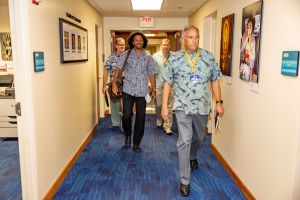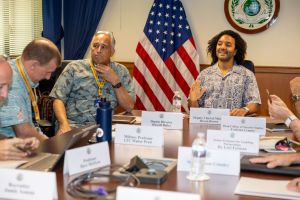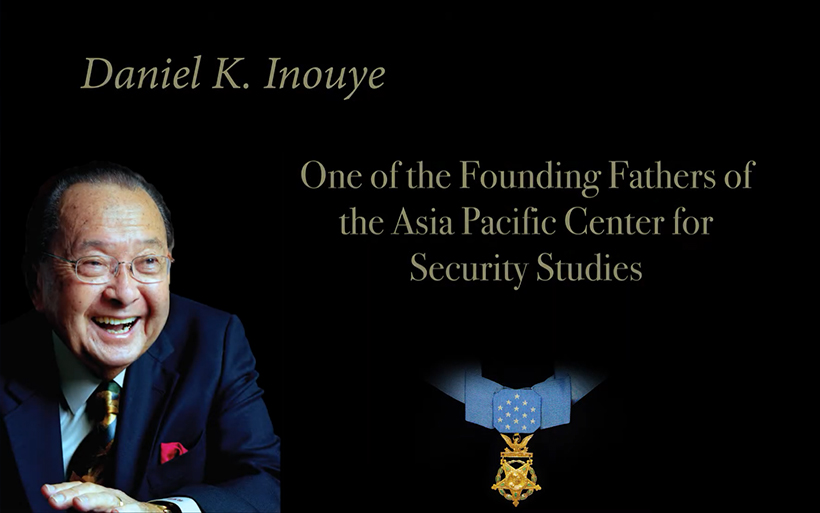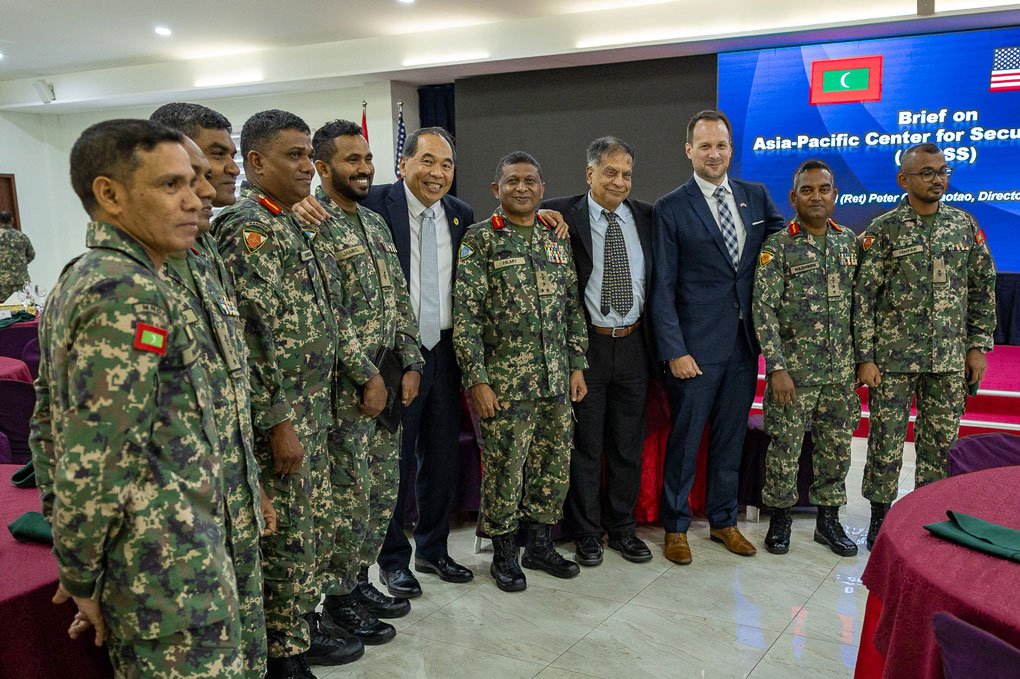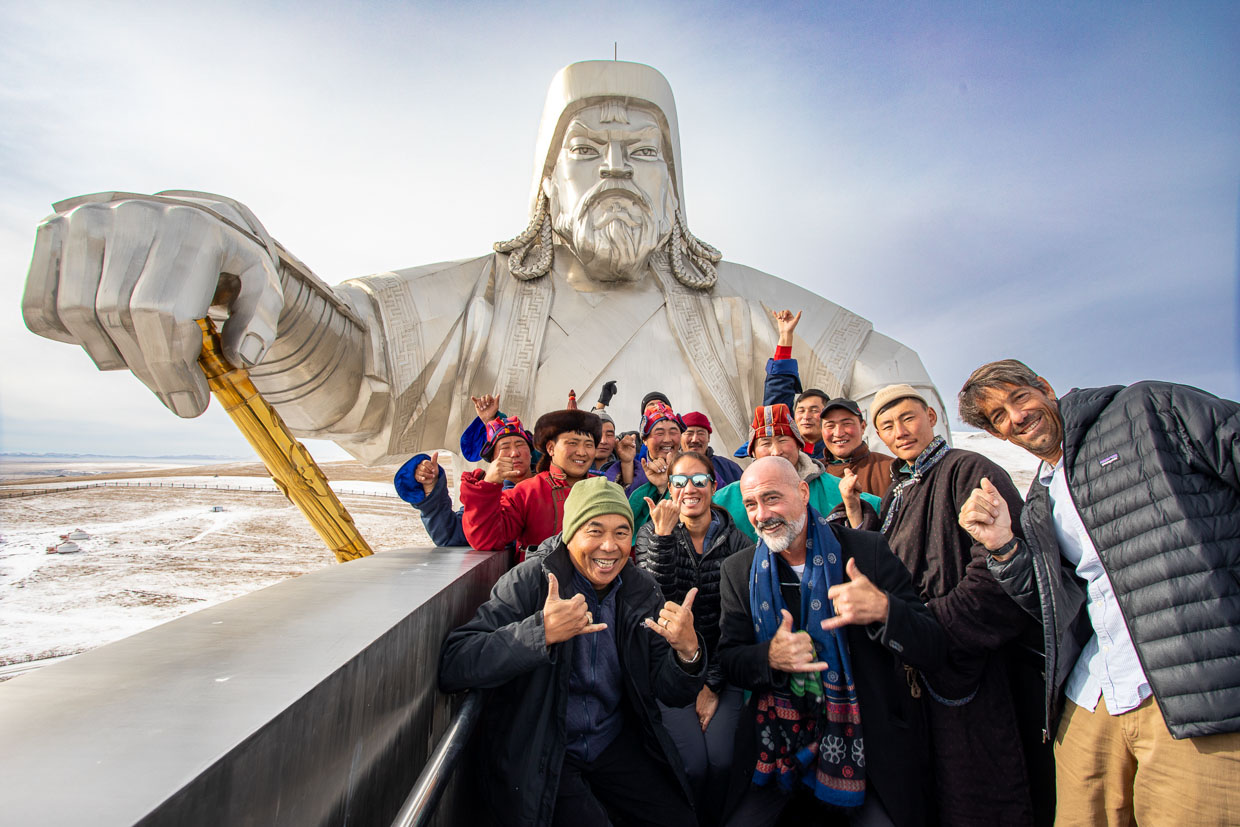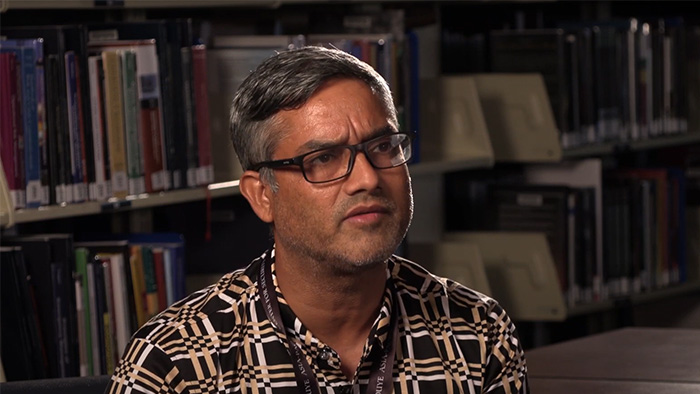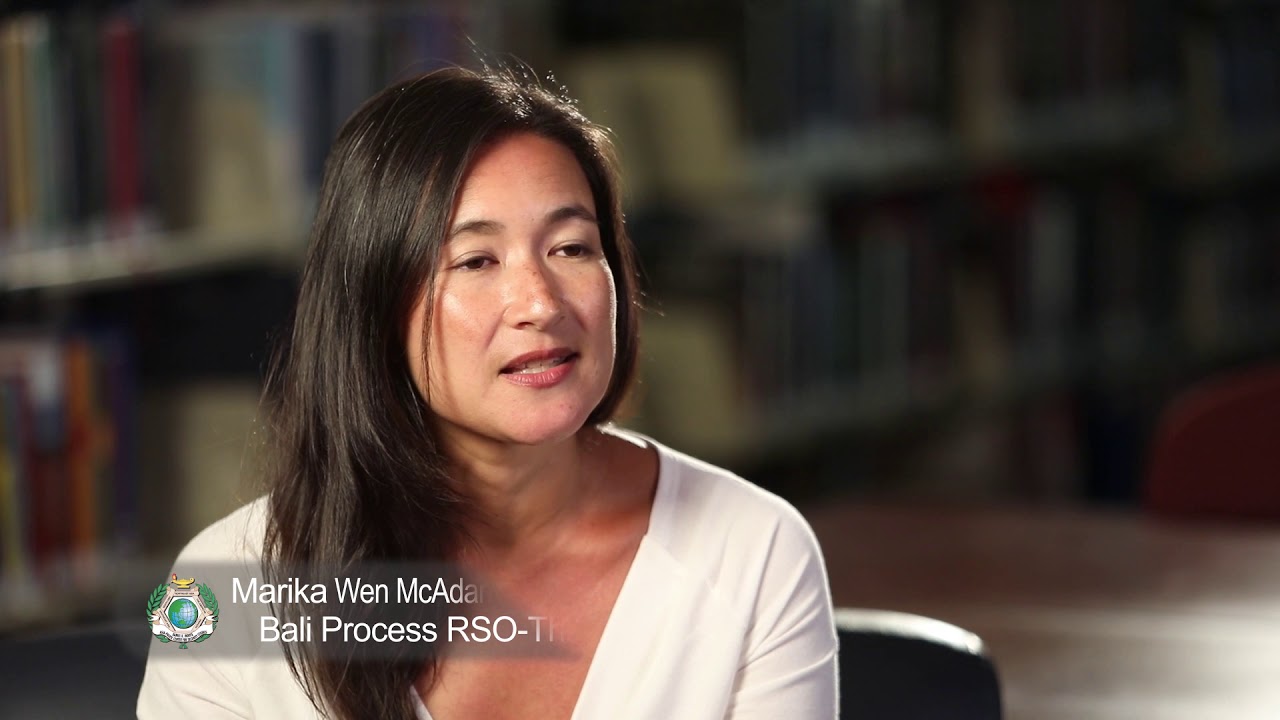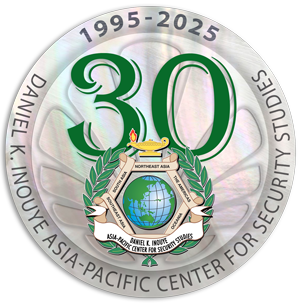
No scheduled visitors today






Association
Countries Attending
Graduates
Alumni
Virtual Engagements
Virtual Participants
Years in Service
152
16,750*
15,840
133
7,759
30
positions
Vice President/Deputy PM
Minister/Deputy Minister
Ambassador/High Commissioner
Chief or Deputy Chief of Defense
Chief or Deputy Chief of Service
Cabinet or Parliament appointment
General/Flag Officer
11
122
276
56
114
210
1594










by Dr. Jimmie R. Lackey, who was then an Army colonel, and is a former DKI APCSS executive director. The Center was renamed on February 2015 to Honor the late Senator, Daniel K. Inouye.





Our Team
Our team is a dedicated group of professionals committed to enhancing regional security cooperation in the Asia-Pacific region. Comprised of military, diplomatic, and academic experts, the team works collaboratively to address contemporary security challenges. Through education, dialogue, and research, the DKI APCSS team fosters mutual understanding and strengthens partnerships among nations.
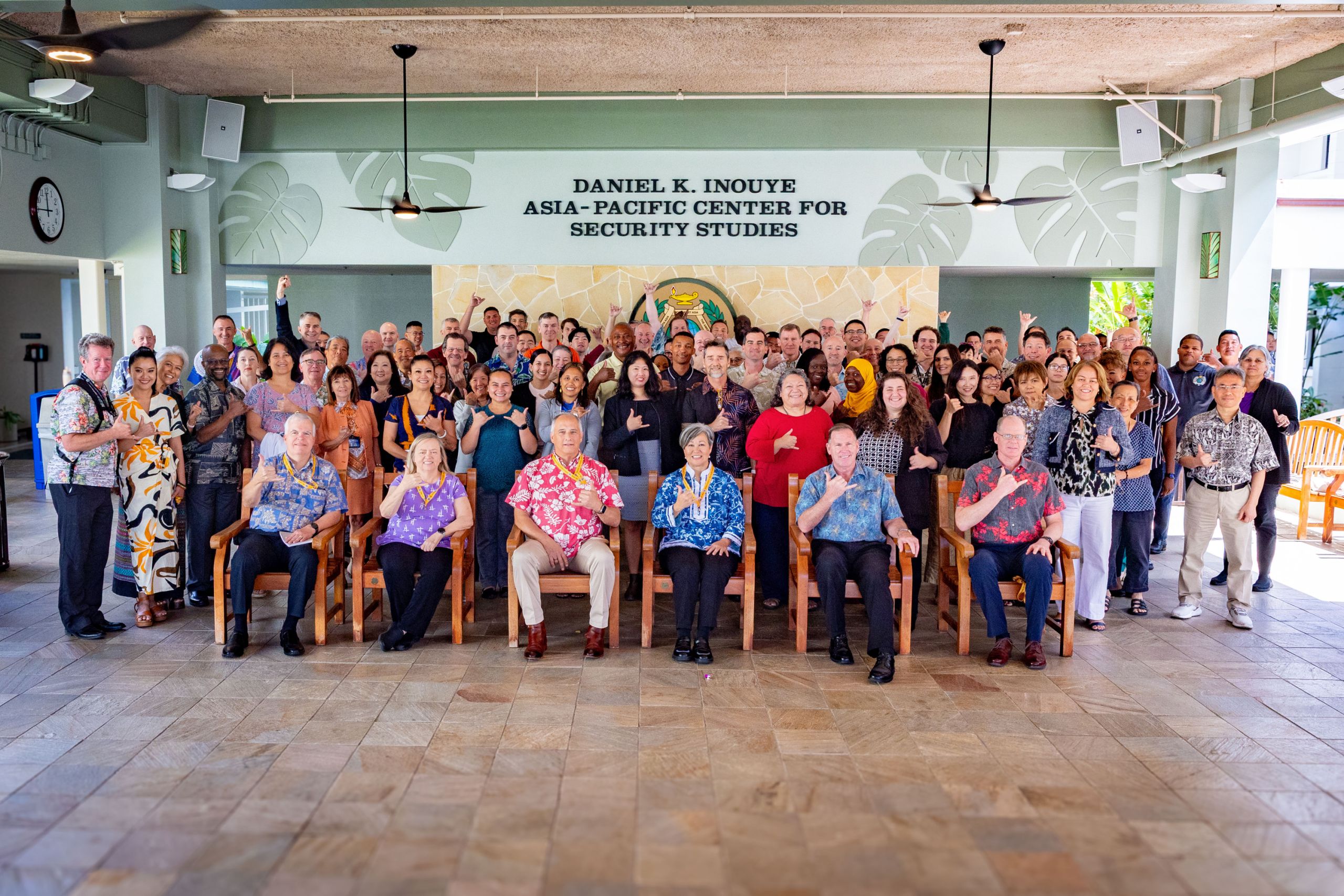
News
DKI APCSS Marks 30 Years With Alumni Workshop
In June more than 40 participants from 19 countries took part in the lively third iteration of the Whole of Society Resilience Workshop, where the subject matter was, at times, as fervid as the summer temperatures outside. Held in the climate-controlled confines of Maluhia Hall, and conducted by the staff and faculty of the Daniel K. Inouye Asia Pacific Center for Security Studies, this event brought back several participants and welcomed many more as this course narrowed the scope of the series from concepts to concrete actions.
Security Nexus Perspective: Flight into the Dark: South Asia’s Protest Republics
A new Security Nexus Perspective by Shyam Tekwani investigates the recent wave of government collapses across South Asia and the security implications for the broader Indo-Pacific regiDrawing on his expertise in regional politics and conflict at the Daniel K. Inouye Asia-Pacific Center for Security Studies, Tekwani traces how citizen-led protests in Sri Lanka, Bangladesh, and Nepal dismantled fragile regimes from within. The analysis emphasizes a central argument: lasting deterrence in the Indo-Pacific must be grounded in domestic stability, not solely in external alliances or military strength.
113 Fellows complete Comprehensive Security Cooperation Course at DKI APCSS
As the Daniel K. Inouye Asia-Pacific Center for Security Studies marks its 30th anniversary, 113 Fellows from 37 locations around the globe graduated today from the Center’s Comprehensive Security Cooperation course (CSC 25-3), completing five weeks of study focused on building trust and strengthening security ties in the Indo-Pacific.
Introducing the Strategic Voices Podcast
Join Professors James Minnich, Shyam Tekwani, and Lami Kim as they explore the Indo-Pacific’s most pressing security challenges through sharp analysis, candid debate, and a closing segment on Wins & Woes — what’s going right and what’s not.
New Security Nexus Perspective: The Cage of Equidistance
India’s bid to remain equidistant between Russia, China, and the U.S. is no longer sustainable. This Security Nexus article explores how strategic autonomy risks becoming constraint.
 The stories posted here are only excerpts. Please go to our website to read the full articles.
The stories posted here are only excerpts. Please go to our website to read the full articles.
apcss.org/latest-news










Dr. Deon K. Canyon









(Mission Partner)
(Executive Agent)
Maj. Gen (Ret.), U.S. Army
Suzanne Vares-Lum
Col. (Ret.), U.S. Army
Russell Bailey
Dr. Lori Forman
Col. Matthew R. Kent
& Business Ops
Capt. (Ret.) U.S. Navy
Wade Turvold


Security Studies (CSS)
Capt. (Ret.) U.S. Navy
Carleton Cramer
& Business Ops
Col. Jeffrey Digsby





shared understanding, and networked relationships among civilian and military practitioners and institutions to advance a free and open Indo-Pacific.






- Office of the Secretary
of Defense (Policy) - Joint Staff
- Service HQs
- Defense Security
Cooperation Agency - Regional Centers
- US Indo-Pacific Command
- Component Commands
- Other Subordinate Commands
- National Security Council
- Dept. of Homeland Security
- US Coast Guard
- Dept. of State
-Embassies
-U.S. Agency for
International Development
- Universities
- National Defense/
Diplomatic Academies - Research Centers
- Think Tanks
& National
Institutions
- Northeast Asia
- Southeast Asia
- South Asia
- Oceania
- The Americas
- And Beyond…
Institutions
& International
Organizations
- Association of Southeast Asian Nations (ASEAN)
- South Asian Association for Regional Cooperation (SAARC)
- Pacific Islands Forum (PIF)
- Bay of Bengal Initiative for Multi-Sectoral Technical and Economic
- Cooperation (BIMSTEC)
- United Nations, International Organizations, Non-Governmental Organizations


a Free and Open Indo-Pacific
Regional Architectures
of China
Consequence
the Indo-Pacific, and globally,
is strengthened
traditional and nontraditional
security challenges
is increased
designed to be
routinely measured
and assessed
ADMM+
ASEAN Chair Preparation
Additional OSD IPSA Directed Activities
Security, Counterterrorism, Information Security,
Strategic Studies, Economics, & Crisis Management
Concentrations Regional & Functional Cohorts
Regional senior leader networks
Strategic Objectives
FY24-25 Priorities


Shared Understanding
Network Relationship
